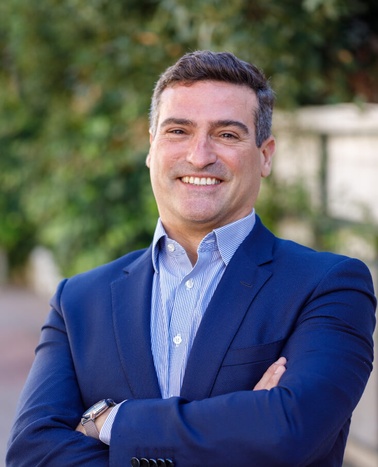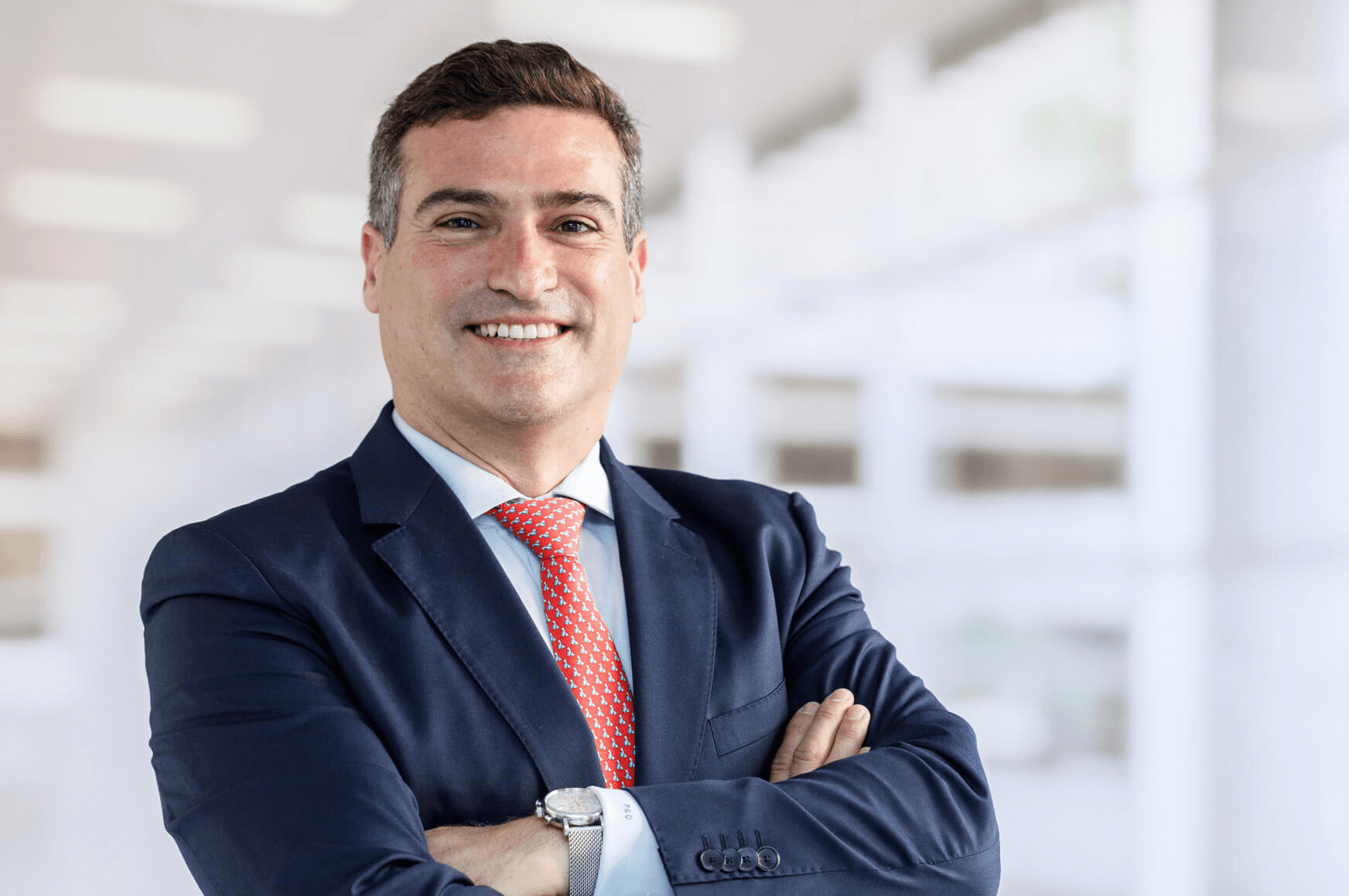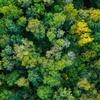
Pablo Gómez-Olmedo
I’m originally from Spain. In my educational career I completed a BSc in Mathematics in Madrid, and an MBA in a joint program between London Business School, Columbia, and The University of Hong Kong. I’m a certified Financial Analyst and Project Manager with a strong interest in the impact Machine Learning and AI will have on our society in the near future. When I’m not working I enjoy many sports; cycling, sailing, diving and padel, but my main passion is travel. I have visited lots of countries in Europe, America and Asia, and I wish to spend at least one month exploring Australia.
"The university’s commitment to innovation, entrepreneurship and diversity makes it an ideal place for professors who are passionate about their fields and want to make a real impact in the future."
Seeing environmental solutions in the data
Pablo began his career as a consultant in the finance industry, but right from the start of his professional journey he has also been a teacher—he was teaching part-time at the Centro de Estudios Plaza de Castilla and the Centro Internacional de Formación Financiera in those early days. The initial stage of his career also saw him working in different continents; a move to Peru to work in banking compliance in 2009 was followed in 2014 by another change, as he headed to London to work in strategy consultancy.
He stayed in London for five years before his career path diverged completely. Leaving the finance industry, Pablo became a project management consultant for SMEs located all over Europe. At this phase of his professional life he was still teaching, though, sharing his mathematics expertise with young people for an NGO in Madrid.
An evolution in how data is handled
Pablo has crunched numbers right back from when he first graduated, in his early days in the world of work. His early work in finance saw him developing derivatives’ valuation models, applying mathematical tools from statistics to algebra and game theory. The global financial and business landscape is constantly evolving, however, and with it Pablo’s career similarly developed. Already becoming more interested in areas of mathematical analyses such as simulations, risk management and operational control, he saw opportunity in emerging tech, particularly big data, machine learning and artificial intelligence (AI).
So his next career phase saw a move into trading surveillance: defining, implementing and using models to identify “outliers” in trading activity with the aim of pinpointing not only money laundering, but also rogue trading. He then moved into consultancy, leveraging the capabilities of machine learning and AI in SMEs.
 Coming to IE University
Coming to IE University
So why IE University, and why specifically the Bachelor in Environmental Sciences for Sustainability? Pablo took up an adjunct professor role with IE University because of the high regard in which the institution is held globally, the excellent environment for students and teachers alike in both Segovia and Madrid, and the chance it affords him to make an impact on future leaders.
Of the program, Pablo says “It’s more than evident that human activity is affecting the environment in numerous ways, such as the increase in average global temperatures, which leads to changes in weather patterns and events like hurricanes, droughts and floods. This has far-reaching implications on ecosystems, affecting plant and animal life, as well as human communities,” he says. Pablo believes it’s crucial to take action to address global warming and limit its impact. And the program provides students with the tools to do just that.
A vital role for environmental science
“Environmental science is critical for addressing some of the most pressing global challenges we face today, including climate change, biodiversity loss, and pollution,” Pablo tells us. Graduates of the Bachelor in Environmental Sciences for Sustainability will not only have a comprehensive understanding of how human activity impacts and transforms the environment, they’ll also be able to develop sustainable solutions that can meet the needs of the present without compromising the ability of future generations to meet their own needs.
Part of the value of the program is its focus on not only understanding the implications of globalization and new technologies like AI, but of leveraging that understanding to preserve and improve humanity’s well-being. The demand, Pablo says, for environmental science is growing in both the public and private sectors. This means gaining the skills that are going to be effective in the fight. Modern environmental scientists, he asserts, must be able to analyze data from observations, experiments and simulations to identify patterns and trends in the natural environment, and make informed decisions in addressing environmental problems.
Moreover, and just as importantly, they need to be able to communicate complex concepts and implications to a variety of audiences, including policymakers, community members and industry leaders. That’s what the Bachelor in Environmental Sciences for Sustainability sets out to provide, and how Pablo is using the wide knowledge he’s accumulated in a varied career to make the impact he craves.

WANT TO KNOW MORE ABOUT THE BACHELOR IN ENVIRONMENTAL SCIENCES FOR SUSTAINABILITY PROGRAM?
WANT TO KNOW MORE ABOUT THE BACHELOR IN ENVIRONMENTAL SCIENCES FOR SUSTAINABILITY PROGRAM?